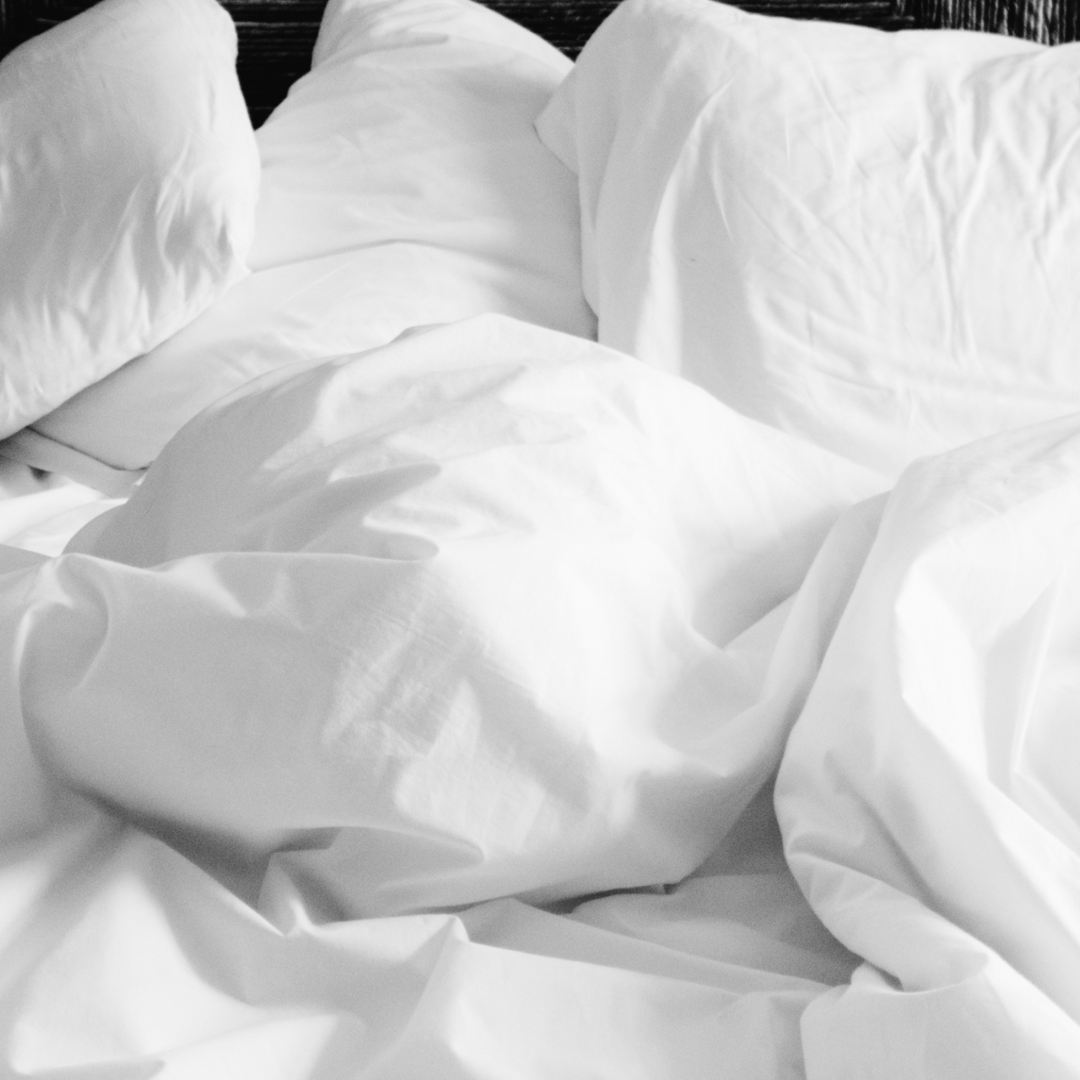
The Menstration Phase
When we think about our menstrual cycle, our period is probably the phase we think of the most. It’s the most outwardly visible, and the one that (for some) causes the most pain.
Whilst menstruation isn’t the only phase of our cycle (there’s also the follicular phase, ovulation and our luteal phase) it’s a good place to start our Cycle Series, as the first day of your period is Day 1 of your cycle!

Did you know
During the menstrual phase, the body sheds the uterine lining, marking a fresh start with low hormone levels. Cramps are caused by chemicals that help the uterus contract. Blood loss includes iron, so it's important to maintain iron levels. This phase can cause mood changes and is a natural time for rest and recovery as the body prepares for a new cycle. 🌿🔬
The Science of Your Cycle - Menstruation
During menstruation, the womb sheds its lining, known as the endometrium. After ovulation, if the egg isn’t fertilized, progesterone and estrogen levels drop, triggering your period. These low hormone levels can cause symptoms like bloating, low energy, and cramping. However, as your period progresses, estrogen levels rise, often improving your mood.
Menstruation and Your Health
Your period can provide insights into your health. A healthy period typically lasts 3-6 days, with an average blood loss of 30-50 milliliters. Heavier periods might indicate conditions like endometriosis or fibroids, while lighter periods or spotting could suggest low progesterone levels.
How You Might Feel During Menstruation
Fatigue and cramping are common during the first days of your period. If your PMS is intense, you might feel better once your period starts and estrogen levels rise. Severe pain should be discussed with a doctor, as it might indicate underlying issues.
Self-Care During Menstruation
Movement
Rest is important during menstruation, but light exercise like walking or yoga can relieve period pain and tackle fatigue. These activities release endorphins, helping to alleviate muscle tension and cramps.
Nutrition
Support your energy with lean protein and healthy fats. Iron-rich foods like red meat, lentils, beans, and dark leafy greens are essential to replenish lost iron. Vitamin C helps with iron absorption, so include foods like fresh orange juice in your diet.
Hibernate!
Menstruation, often referred to as 'Winter,' is a time for rest. You might feel withdrawn or sensitive, and that’s okay. Prioritize self-care, cancel unnecessary plans, and keep things slow and simple to avoid feeling overwhelmed.
Fast Facts
Natural Detox
The menstrual phase helps the body shed the uterine lining, which is a natural detox process that renews the reproductive system.
Hormonal Reset
During menstruation, hormone levels (estrogen and progesterone) are at their lowest, marking the beginning of a new cycle and a hormonal reset.
Cramps and Prostaglandins
Menstrual cramps are caused by prostaglandins, which are chemicals that help the uterus contract to shed its lining. These contractions can sometimes cause discomfort or pain.
Increased Inflammation
The body can experience higher levels of inflammation during menstruation due to the release of prostaglandins, which can also affect overall pain sensitivity.
Iron Loss
Menstruation results in blood loss, which includes a significant amount of iron. This is why it's important to maintain good iron levels through diet or supplements during this phase.
Endometrial Regeneration
After the menstrual phase, the endometrial lining starts to regenerate, preparing for a potential pregnancy in the next cycle.
Mood Fluctuations
Hormone fluctuations can lead to mood changes, including irritability or sadness, commonly referred to as PMS (premenstrual syndrome). However, these symptoms usually subside once menstruation begins
Rest and Recovery
The menstrual phase is a natural time for rest and recovery, as the body works hard to renew the uterine lining and reset the reproductive system.
How Oemph Can Help During Menstruation
At Oemph, we understand the challenges of menstruation. Our products, such as Calm Your Farm and Go With The Flow, are designed to relieve pre-menstrual cramping and anxiety. These supplements can help manage symptoms like bloating, low mood, and fatigue, supporting a smoother cycle. Embrace self-care with Oemph’s targeted products and stay tuned for our upcoming product launch to enhance your menstrual health.
